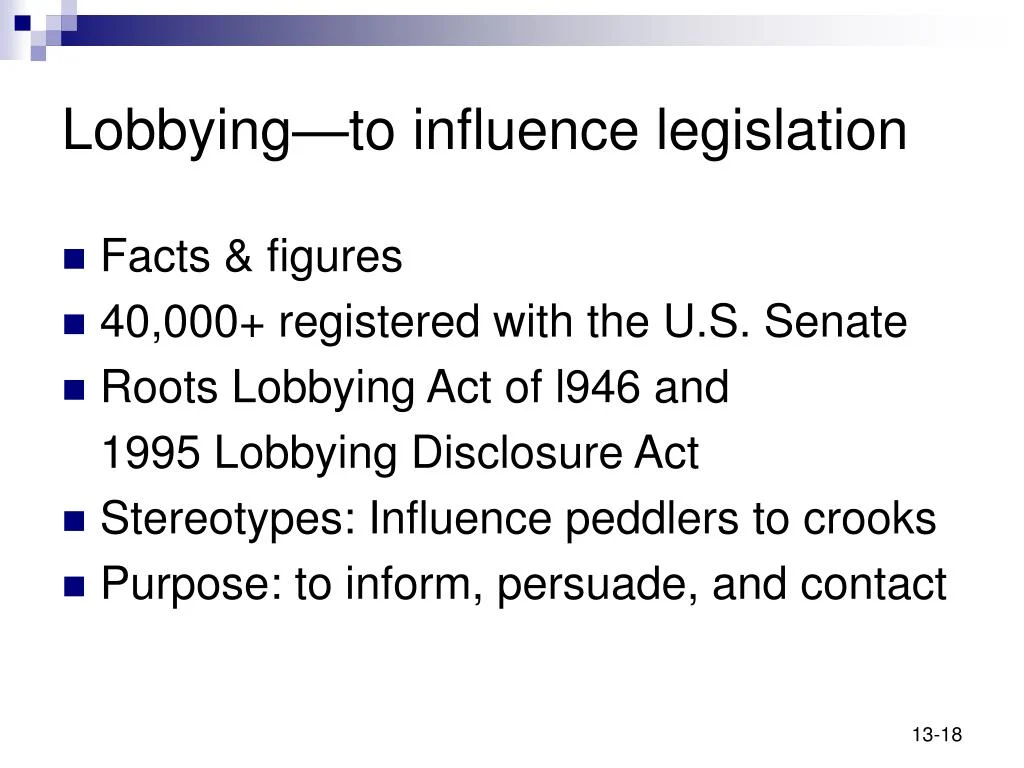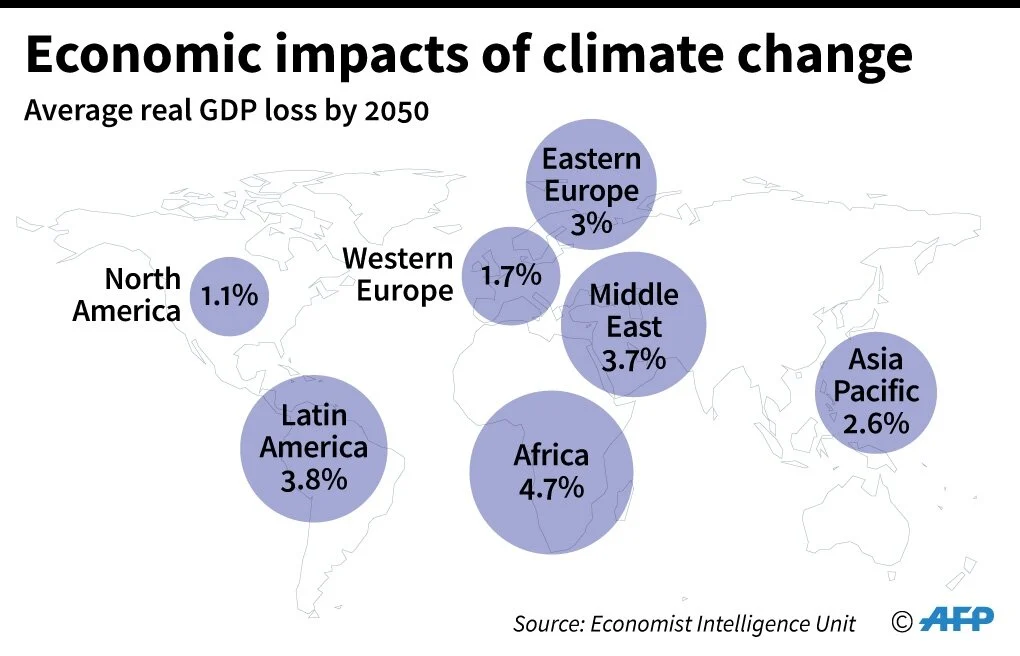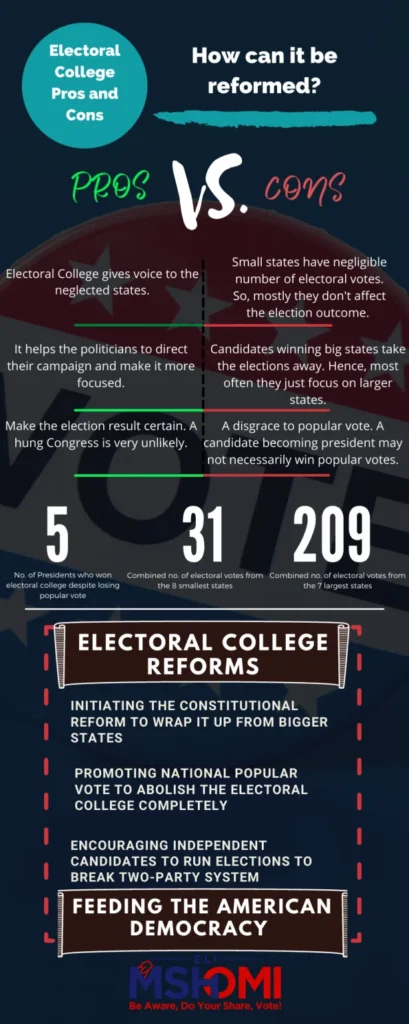The Influence of Lobbying on Government Policies is a widely debated topic in political circles. Lobbying, which involves the efforts of individuals or groups to influence government decisions, has a significant impact on the formulation and implementation of policies. The Influence of Lobbying on Government Policies is a complex issue that raises questions about the role of special interests in shaping public policy and the potential for undue influence on elected officials. The extent to which lobbying affects government decisions and the transparency of these interactions are also key considerations in understanding the influence of lobbying on government policies.
The Impact of Advocacy on Government Decision-Making
Lobbying and its effects on policy development and implementation are a matter of great interest and concern for many citizens. The role of advocacy in shaping government decisions and the potential consequences for democratic governance are areas of particular curiosity. Understanding the impact of interest groups and lobbyists on policy outcomes and the ways in which government officials navigate these influences is crucial for a comprehensive analysis of the topic.
The Definition of Lobbying
Lobbying refers to the practice of trying to influence decisions made by government officials in the legislative or executive branch. This influence can be exerted through various means, such as direct communication with policymakers, providing information and research, organizing events and campaigns, and offering financial support to political candidates or parties. Lobbying can be conducted by individuals, interest groups, corporations, or professional lobbyists hired to represent the interests of specific organizations.
While lobbying is often associated with efforts to shape legislation and public policy, it can also involve seeking government contracts, influencing regulatory decisions, or advocating for specific issues and causes. Lobbying is a legal and common practice in democratic societies, as it allows diverse interests to have a voice in the policymaking process.
The Role of Lobbying in Government Policies
Lobbying plays a significant role in shaping government policies, as it allows different stakeholders to present their perspectives and preferences to decision-makers. By engaging in lobbying activities, individuals and organizations seek to promote their interests and advance their agendas within the political and legislative arenas. This can involve advocating for specific laws, regulations, or budget allocations that align with the goals and priorities of the lobbying entities.
Government policies are often influenced by the interactions and negotiations between lobbyists and policymakers, as elected officials and government agencies rely on input from various sources to make informed decisions. Lobbying can lead to the introduction of new legislation, the modification of existing laws, or the allocation of resources to address specific issues. As such, lobbying can have a direct impact on the development and implementation of public policies across a wide range of domains, including healthcare, environmental protection, taxation, and industry regulation.
The Methods of Lobbying
Lobbying encompasses a variety of methods and strategies aimed at influencing government policies and decisions. Direct lobbying involves face-to-face meetings, phone calls, and written communications with elected officials and their staff, allowing lobbyists to present their arguments and evidence directly to the decision-makers. Grassroots lobbying, on the other hand, mobilizes the public and encourages individuals to contact their representatives to express support for specific issues or legislation.
Additionally, lobbying efforts may involve conducting research and producing reports to inform policymakers, organizing public events and demonstrations to raise awareness about certain causes, and engaging in fundraising activities to support political candidates sympathetic to the lobbyists’ interests. Social media and digital advocacy have also become increasingly important tools for lobbying, enabling stakeholders to reach a wider audience and exert influence through online campaigns and messaging.
The Regulation of Lobbying Activities
Many countries have established regulations and disclosure requirements to monitor and govern lobbying activities, aiming to promote transparency and prevent undue influence on government decision-making. These regulations may include registration systems for lobbyists, disclosure of lobbying expenditures and activities, restrictions on gifts and campaign contributions, and cooling-off periods for former government officials seeking employment as lobbyists.
By implementing such regulations, governments seek to balance the need for diverse input in the policymaking process with the goal of preventing conflicts of interest and corruption. Effective regulation of lobbying activities can help maintain public trust in the integrity of government institutions and ensure that decisions are made in the public interest rather than serving narrow private interests.
The Impact of Lobbying on Policy Outcomes
Lobbying can have a significant impact on policy outcomes, as it allows organized interests to influence the content and direction of legislation and regulations. By presenting persuasive arguments, providing relevant data and expertise, and leveraging their resources and networks, lobbyists can shape the priorities and actions of policymakers, leading to changes in laws and policies that reflect the interests of the lobbying entities.
At the same time, the influence of lobbying on policy outcomes can raise concerns about the disproportionate power of well-funded or well-connected interests, potentially undermining the representation of broader public interests. Critics argue that certain lobbying activities may lead to regulatory capture, where industry interests dominate the regulatory process, or create inequalities in access to policymakers, favoring the voices of wealthy or influential groups over those of the general public.
The Ethics of Lobbying
The practice of lobbying raises ethical considerations related to the proper conduct of influencing government decisions and the potential for conflicts of interest. Ethical lobbying involves transparent and honest communication, adherence to relevant laws and regulations, and a commitment to advancing the public good rather than serving narrow private interests. Lobbyists are expected to disclose their affiliations and interests, provide accurate information, and avoid engaging in deceptive or manipulative tactics.
Furthermore, ethical lobbying encompasses respecting the diversity of perspectives and interests in the policymaking process, engaging in constructive dialogue, and being accountable for the consequences of the policies advocated. Upholding ethical standards in lobbying is essential for maintaining the integrity of democratic governance and ensuring that decision-makers are informed by a wide range of viewpoints and considerations.
The Influence of Lobbying on Democratic Processes
Lobbying has implications for democratic processes, as it reflects the participation of diverse interests in shaping public policies and legislation. In democratic systems, the ability of citizens and organizations to engage in lobbying activities is considered a form of political expression and advocacy, allowing for the representation of varied concerns and perspectives in the decision-making process.
However, the influence of lobbying also raises questions about the extent to which certain interests can unduly sway government decisions, potentially distorting the democratic principle of equal representation and accountability. Balancing the influence of lobbying with the broader public interest and ensuring transparency and accountability in the policymaking process are ongoing challenges for democratic governance.
The Future of Lobbying and Government Policies
Looking ahead, the future of lobbying and its impact on government policies may be shaped by evolving dynamics in politics, technology, and public expectations. As digital communication and advocacy tools continue to transform public engagement, lobbying efforts are likely to adapt to new platforms and strategies for influencing policymakers and mobilizing public support.
Moreover, ongoing discussions about the regulation of lobbying, the role of money in politics, and the ethics of influence peddling will influence the direction of lobbying practices and their perceived legitimacy. The evolving landscape of lobbying and government policies will continue to prompt debates about the balance between competing interests, the integrity of democratic decision-making, and the responsiveness of governments to the needs and preferences of their citizens.
The Influence of Lobbying on Government Policies
| Aspect | Description |
|---|---|
| Definition | Lobbying refers to the practice of trying to influence government decisions by advocating for specific policies or issues. |
| Impact on Policies | Lobbying can significantly impact government policies as it provides a platform for special interest groups to push for legislation that aligns with their interests. |
| Regulation | There are varying degrees of regulation on lobbying activities in different countries, with some imposing strict rules to prevent undue influence on policies. |
| Transparency | The transparency of lobbying activities is a key concern, as undisclosed or secretive lobbying can undermine the democratic process. |
| Public Perception | Lobbying is often viewed negatively by the public, as it can be seen as favoring the interests of powerful groups over the general population. |
Lobbying plays a significant role in shaping government policies by allowing special interest groups to advocate for their interests. The impact of lobbying, however, raises concerns about transparency, regulation, and its potential to undermine the democratic process.



